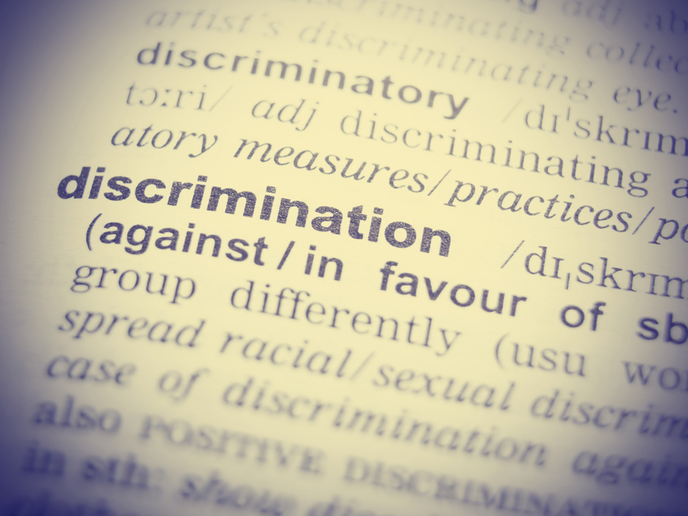Getting to the source of discrimination
As society becomes increasingly multi-ethnic, academics have asked: what are the consequences of diversity? “Recent scholarship has linked ethno-racial diversity to such undesirable collective outcomes as low levels of trust, civic engagement and social capital,” says Delia Baldassarri, a professor at New York University and senior researcher at Bocconi University. “These findings have important implications, in part because they resonate with public anxieties about immigration, residential integration and the role of the welfare state.” Through the EU-funded INTERACT project, Baldassarri is investigating the micro-mechanisms through which contact promotes or impedes solidarity and cooperation within diverse communities.
A complementary approach
Although much research has been done on the topic, INTERACT stands out in that it moves beyond communitarian conceptions of social capital. The result is a better understanding of the building blocks of solidarity in contemporary, diverse societies. “Most of the research on interethnic relationships tends to adopt an in-group versus out-group framework,” explains Baldassarri. “In such a framework, out-group members – usually ethnic minorities and immigrants – are penalised compared to co-ethnics, or whites, because in-group solidarity is stronger or because co-ethnics are seen as more reliable and trustworthy.” Less attention has been given to what Baldassarri calls a complementary approach, which relies on status hierarchies as an organising principle. “Ethnic minorities and immigrants are often at the bottom of the social hierarchy and are thus perceived as being lower status groups,” she says. “Discrimination of minorities and immigrants may thus derive from a generic disregard for lower status groups rather than the fact that they are non-co-ethnics.” According to Baldassarri, some results of the INTERACT project point to this complementary explanation as a powerful source of discrimination in contemporary societies. To reach this conclusion, she used an innovative field-experimental approach, one that moved well beyond observational data. This included the use of lab-in-the-field experimental games to assess the dispositional mechanisms (i.e. generalised altruism, group solidarity, reciprocity and sanctioning) that bring about solidarity and cooperation in various group settings. The team also relied on natural experiments embedded in the collection of survey data and field experiments in public spaces.
The underlying mechanisms of discrimination
The INTERACT project succeeded in providing a better understanding of the underlying mechanisms of discrimination. “If discrimination is based more on social status than ethnicity, it means we must deal with differences that are ingrained in the social structure, as opposed to individual predispositions and stereotypes,” says Baldassarri. “The challenge is these differences are harder to modify as this requires implementing fundamental changes to our social structures.” Baldassarri is continuing her research into diversity and society. She is currently focused on tackling the more general question of how prosocial behaviour emerges in complex systems. She has a particular interest in tracing the origin of generalised altruism – both historically and from a social science perspective.
Keywords
INTERACT, discrimination, social status, ethnicity, diversity, immigration, solidarity



